A cyber threat group known as UAC-0063, linked to Russia, is actively launching espionage campaigns against Central Asia and European countries. These campaigns involve sophisticated techniques such as the use of weaponized documents and the deployment of intricate malware to extract sensitive data.
Overview of the Attack Campaign
Recent cybersecurity research has highlighted an ongoing espionage effort orchestrated by UAC-0063, associated with Russia's APT28 group. This actor has been targeting critical organizations in Germany, the UK, Romania, and the Netherlands, as well as other nations in Central Asia. Their tactics include a multi-layered attack approach utilizing advanced malware and persistent infiltration strategies.
Targets and Techniques
Since 2021, UAC-0063 has been focusing on high-value sectors such as government bodies, diplomatic missions, and private enterprises. The group's methodology involves deploying malicious Microsoft Word documents in conjunction with a malware loader called HATVIBE, alongside custom-designed malware aimed at network penetration.
Technical Details of the Malware Deployment
The initial phase of the attack exploits compromised MS Word documents embedding harmful macros. Upon user activation, these macros deliver the first malware payload, the HATVIBE loader. This loader, which is an HTA script, retrieves further malicious code from an attacker's command-and-control server.
- DownExPyer: A Python-based malware frequently utilized by UAC-0063. It establishes communication with C2 servers, allowing the execution of destructive operations on infected systems.
- PyPlunderPlug: Targets removable drives to collect specific file types for potential exfiltration. This script operates on infected devices to systematically gather targeted data.
- Keyloggers: Capture keystrokes to obtain sensitive information, such as passwords. The harvested data is then compressed for clandestine exfiltration.
The threat actor spreads its infection by leveraging previously compromised entities. Weaponized documents obtained from initial victims are repurposed to target additional organizations. To ensure persistence, they configure automated tasks that consistently execute the malware on compromised machines.
Security Implications and Recommendations
The sophisticated nature of UAC-0063’s toolkit and tactics highlights their focus on surveillance and intelligence acquisition. The alignment of their targets with suspected strategic interests of Russia raises concerns about state involvement.
- Enhance threat intelligence by monitoring feeds from credible sources and tracking command-and-control domains.
- Utilize DNS-based blocking mechanisms to deter network traffic to malicious domains.
- Implement application whitelisting and deploy Intrusion Detection and Prevention Systems (IDPS) for robust security against unauthorized access.
Conclusion
Organizations must remain vigilant against the espionage activities of groups like UAC-0063. By adopting proactive cybersecurity measures and fortifying their defenses, entities can mitigate potential risks posed by these persistent threats.

